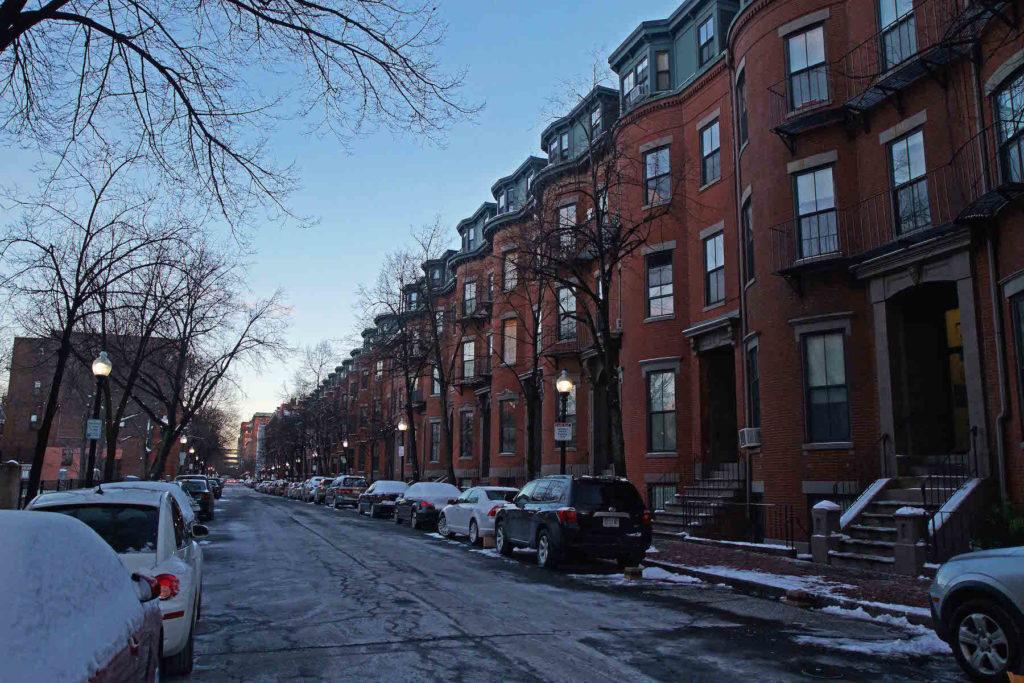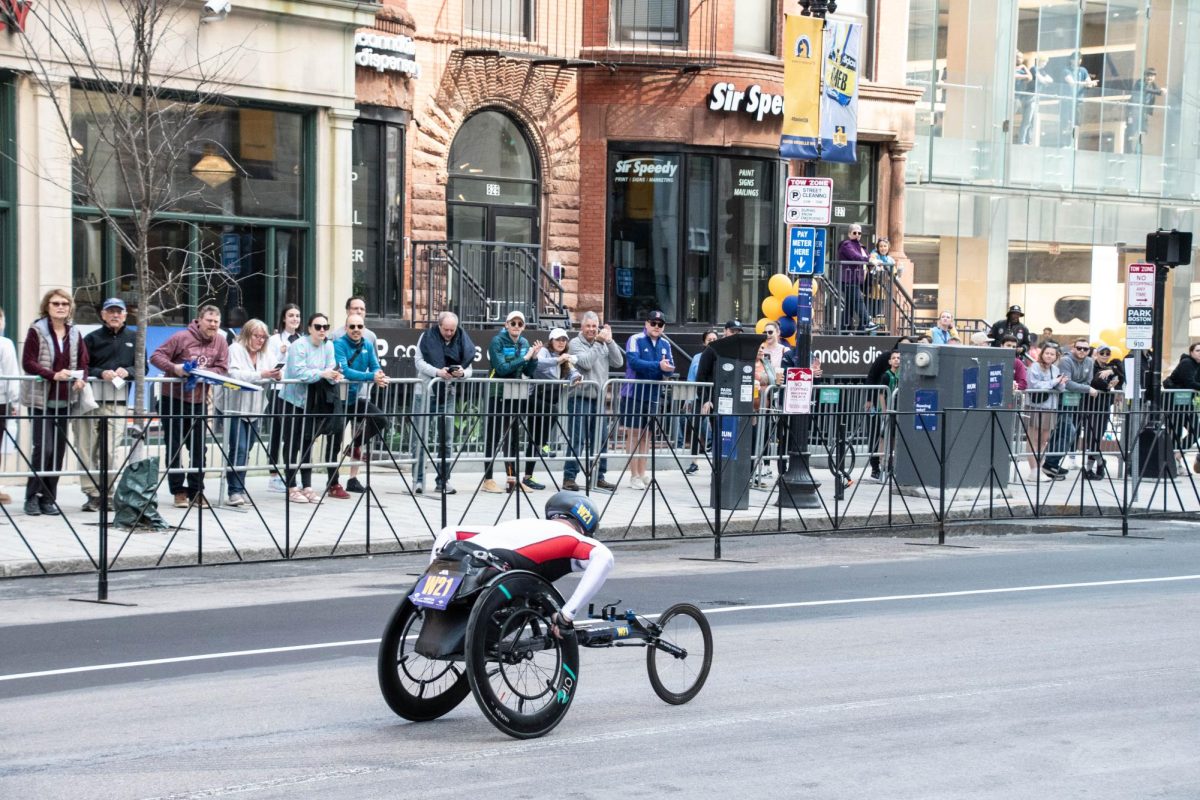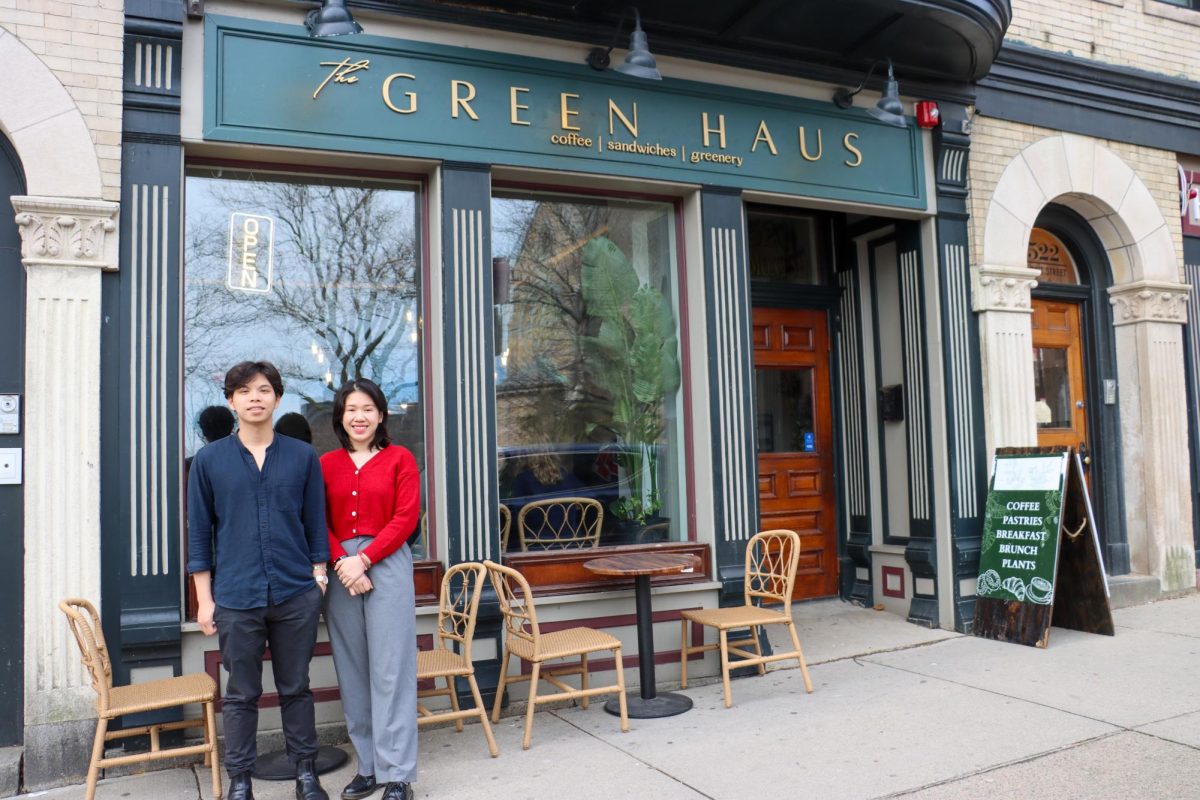By Rowan Walrath and Liam Hofmeister, news staff
The Boston City Council voted 10-3 on Wednesday, March 23 in favor of a six-year extension on the Boston Redevelopment Authority’s (BRA) urban renewal powers through 2022, a compromise between the original 10-year term requested by the BRA and a one-year term requested by housing advocacy groups. Councilors Tito Jackson, Ayanna Pressley and Josh Zakim voted against the extension, while the other 10 councilors voted for it.
Nicholas Martin, communications director of the BRA, clarified the scope of the urban renewal.
“What was being considered and finally approved was the Boston Redevelopment Authority’s ability to expand our ability to use urban renewal tools,” Martin said. “It was a piece of legislation to let the BRA undertake projects of a certain type and to own land in certain areas.”
According to the BRA’s website, urban renewal is a federal government funding program that began with the passage of the Housing Act of 1949. Designed to create housing and promote economic development within the nation’s rapidly deteriorating inner cities, urban renewal was introduced to Boston in the 1950s and 1960s. The program allows the BRA certain tools to catalyze development within an urban renewal area such as eminent domain, zoning controls, housing affordability restrictions, federal and state funding and the opportunity to develop demonstration projects to enhance these neighborhoods.
As part of the compromise, the BRA is to meet with the city council twice a year to “provide updates on urban renewal activity,” according to a March 25 Boston Magazine article. The BRA also agreed to reevaluate the existing urban renewal zones, which some have criticized as outdated.
Kathy Brown, coordinator of housing advocacy group the Boston Tenants Coalition, explained why housing advocacy groups were against the six-year extension.
“The BRA has a long history, and there have been a lot of problems in the past,” Brown said. “While there’s new leadership in the city […] many feel like the BRA has not been sensitive to community and true inclusive planning with residents. The city is changing, and the new mayor is doing a number of things. Many people didn’t feel comfortable with a six-year extension.”
Brown emphasized that the Boston Tenants Coalition is focused on inclusionary development.
The day before the council’s vote on urban renewal, the Mayor’s Office announced $28 million in funding awards to support the creation of affordable housing throughout Boston. The funding, which will preserve or produce 837 housing units, comes from $21 million of federal and local resources awarded through the Department of Neighborhood Development and $7 million of Linkage funds, fees that come from economic development projects awarded through Boston’s Neighborhood Housing Trust.
“We are committed to creating a Boston where everyone who wants to live here can afford to,” Mayor Martin J. Walsh said in a March 22 press release. “I thank our local, state and federal partners for these housing investments that create good jobs and fuel our economy.”
The developments that have received funding awards are located in Chinatown, Dorchester, Jamaica Plain, Mattapan, Roxbury and South Boston.
Martin is optimistic that the BRA will be able to facilitate the creation of more low-income units as a result of the urban renewal extension.
“We can use urban renewal tools to make sure there’s affordable housing after the city council approved this,” Martin said. “It was more of a planning exercise.”
Photo by Alex Melagrano














